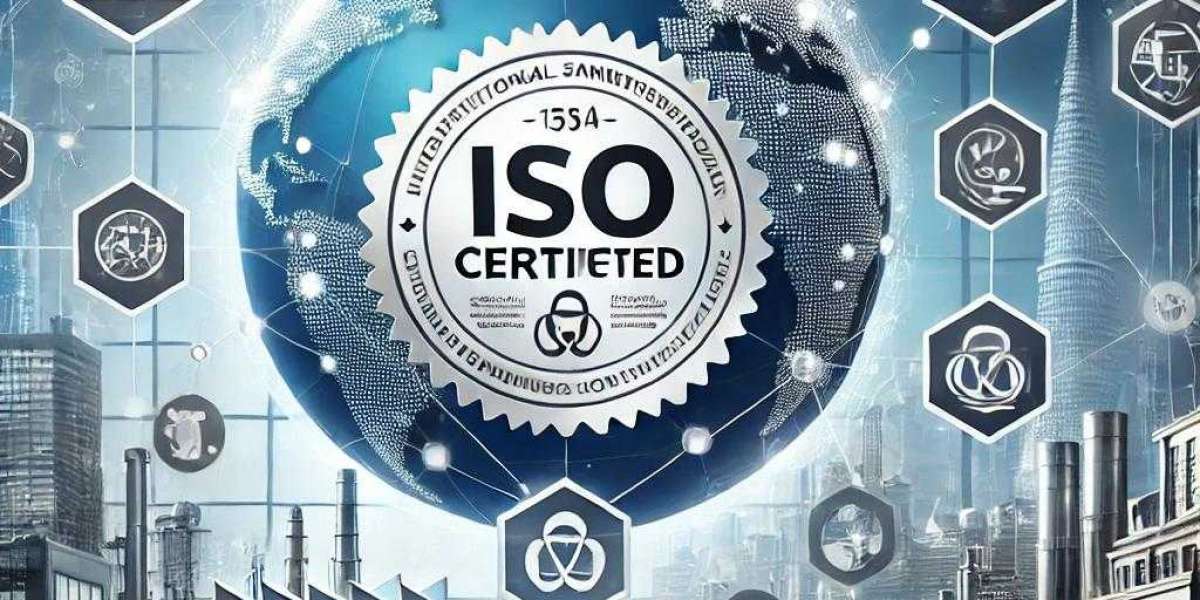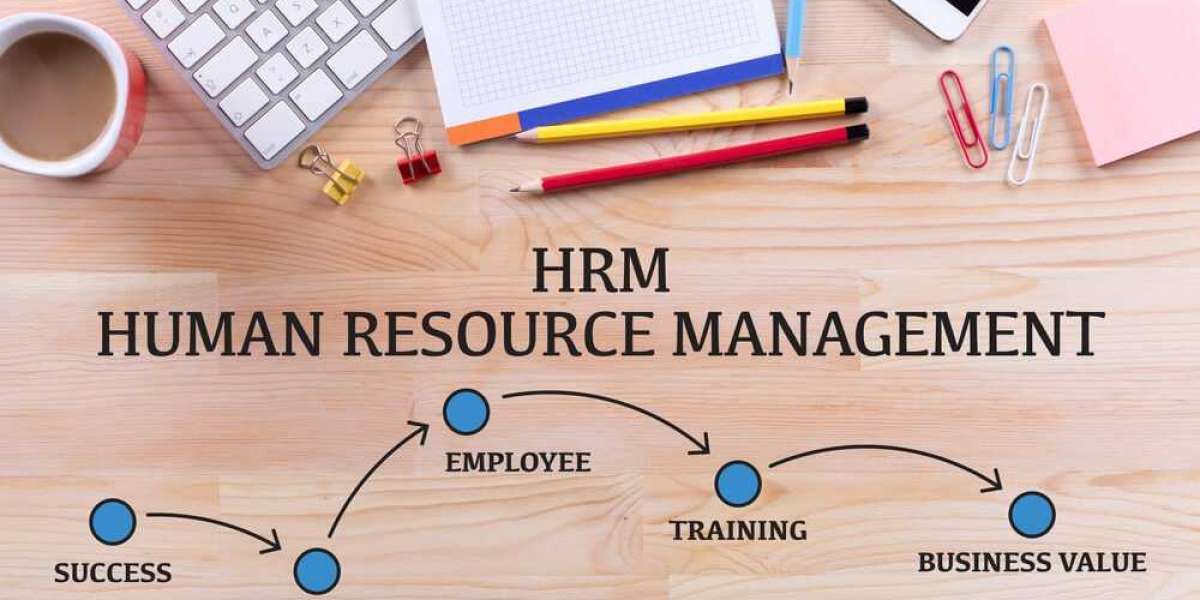Here’s the thing: CE certification isn’t just a checkbox on a list of regulations. It’s a passport to the European market and a symbol of trust and reliability. More importantly, it’s a legal requirement for certain products to be sold in the European Economic Area (EEA). But even beyond that, it can open doors to other international markets and boost your product's credibility worldwide.
Let’s break it down: What does CE certification mean for manufacturers, and why should it matter to your business? Let’s explore.
What is CE Certification?
At its core, the CE mark (short for "Conformité Européenne") indicates that a product meets European Union (EU) safety, health, and environmental protection standards. It's a mandatory marking for products sold within the EEA, and it demonstrates that the product complies with all the necessary regulations in the EU.
Think of the CE mark as your product's "ticket" to the European marketplace. Without it, you simply can't sell in most countries within the EU, regardless of how great your product might be.
But it’s not just about legal compliance. The CE mark also serves as a signal of quality to customers. It shows them that your product has been evaluated and meets high standards of safety and performance. And when you're talking about products like home appliances, maritime equipment, or toys, where safety is critical, that credibility goes a long way in building customer trust.
Why CE Certification Matters for Your Business
1. Access to the European Market
The most immediate benefit of CE certification is the access it gives to the European market. The EU has stringent product regulations, and they apply to a wide range of items, including home appliances, children's toys, and shipping equipment. Without the CE mark, your products can't legally be sold in the EU market.
Think about the EU market’s size—it’s over 500 million people. That’s a massive opportunity. Even if you're not targeting European consumers directly, a CE-certified product opens doors to global distributors and retailers who want to ensure they’re complying with EU standards.
But what’s more, CE certification doesn’t just mean your product can be sold in the EU. It’s often recognized internationally as a standard of quality, making it easier for you to export products to other regions as well.
2. Builds Trust and Enhances Brand Reputation
Consumers today are savvy. With a sea of products to choose from, how do you convince them that your product is safe, reliable, and high-quality? The answer is simple: CE certification.
When consumers see the CE mark on your product, it tells them one thing: you’ve met the highest safety and quality standards. Especially for industries like home appliances, where safety is non-negotiable, the CE mark is a powerful trust signal.
It’s not just the consumers who take notice, though. Distributors, retailers, and even regulatory authorities in other countries will be more likely to work with you if your product carries the CE mark. It tells them that you’re committed to ensuring your products meet rigorous safety and quality standards—an essential consideration in today’s competitive global marketplace.
3. Compliance with EU Regulations
If you're manufacturing shipping equipment or children's toys, compliance isn’t just a nice-to-have—it’s a legal must. In fact, non-compliance with CE certification regulations can result in serious consequences, from fines to product recalls or even an outright ban on selling the product within the EU.
The beauty of CE certification is that it provides a clear roadmap for meeting these stringent regulations. By following the required steps and ensuring your product meets EU standards, you not only stay compliant but also avoid any nasty surprises down the road.
The Process of Getting CE Certification
The process of getting CE certification can seem a bit daunting at first, but it doesn’t have to be. Here’s a simple breakdown of what you’ll need to do to get that coveted CE mark on your products:
- Determine Applicable Directives and Standards: Depending on your product type (whether it’s home appliances, shipping equipment, or children’s toys), different directives and standards will apply. You’ll need to figure out which ones are relevant to your product.
- Conduct a Risk Assessment: Before you can even think about testing or marking your product, you’ll need to conduct a thorough risk assessment to identify potential safety hazards associated with your product.
- Testing and Evaluation: Depending on your product, you may need to have it tested by an accredited laboratory. This could involve testing things like electrical safety, fire resistance, or child safety—depending on the category of product you're making.
- Compile Technical Documentation: CE certification requires manufacturers to maintain comprehensive technical documentation that demonstrates compliance. This can include test reports, design calculations, and any other evidence that proves your product meets EU standards.
- Affix the CE Mark: Once your product meets all the necessary requirements, you can officially affix the CE mark to your product. This is when you can legally sell it within the EEA.
CE Certification for Specific Industries
Let’s take a closer look at how CE certification applies to some key industries:
Shipping and Maritime Equipment Manufacturers
In the maritime industry, CE certification is crucial for ensuring the safety and reliability of equipment used on ships, boats, and offshore platforms. Items like life jackets, fire-fighting equipment, and even safety alarms all need to meet EU safety standards to receive the CE mark.
Manufacturers of shipping equipment also benefit from the CE mark by gaining access to a wider market. Many countries require that maritime equipment meet the same EU standards, and having the CE mark can facilitate easier entry into these markets.
Home Appliances Manufacturers
For home appliances, safety and energy efficiency are key concerns. From refrigerators to washing machines, ce certification ensures that these appliances meet the safety and environmental requirements set by the EU.
In addition to safety, the CE mark also signifies compliance with energy efficiency standards, which is particularly important in the current market where consumers are increasingly looking for environmentally friendly products. For manufacturers, this certification helps boost product sales while improving brand reputation in an ever-competitive market.
Toys and Children’s Products Manufacturers
Nowhere is safety more critical than in the toy industry. Toys are used by children, and any defect or safety hazard can have serious consequences. CE certification ensures that products like toys and children’s products meet stringent safety standards, from chemical content to mechanical safety.
For toy manufacturers, obtaining the CE mark is a no-brainer. It proves to consumers, retailers, and regulators that you take children’s safety seriously. Additionally, it boosts your product's marketability, as retailers and online stores are more likely to stock products that are CE-certified.
Common Mistakes to Avoid When Seeking CE Certification
Getting CE certification is a big step, but it’s not always smooth sailing. Here are a few common mistakes to watch out for:
- Skipping the risk assessment: Failing to conduct a proper risk assessment can lead to unforeseen problems down the road. Always ensure that your product undergoes a comprehensive review before submitting it for testing.
- Not keeping technical documentation updated: Many manufacturers assume that the CE mark is a one-time process. However, you’ll need to keep documentation updated for ongoing compliance.
- Using fake or unofficial CE marks: It might be tempting to slap a CE mark on your product before it's officially certified, but this can lead to serious legal consequences. Always go through the proper channels.
Conclusion: CE Certification – A Gateway to Global Success
If you’re a manufacturer of home appliances, shipping equipment, or toys, obtaining CE certification is more than just a regulatory requirement—it’s an investment in your product’s future. It offers access to the European market, builds trust with consumers, ensures compliance, and demonstrates a commitment to quality and safety.
In a world where global markets and consumer expectations are constantly evolving, the CE mark is your ticket to success. So, why wait? Start the certification process today and watch your business grow. Your products—and your customers—will thank you for it.







